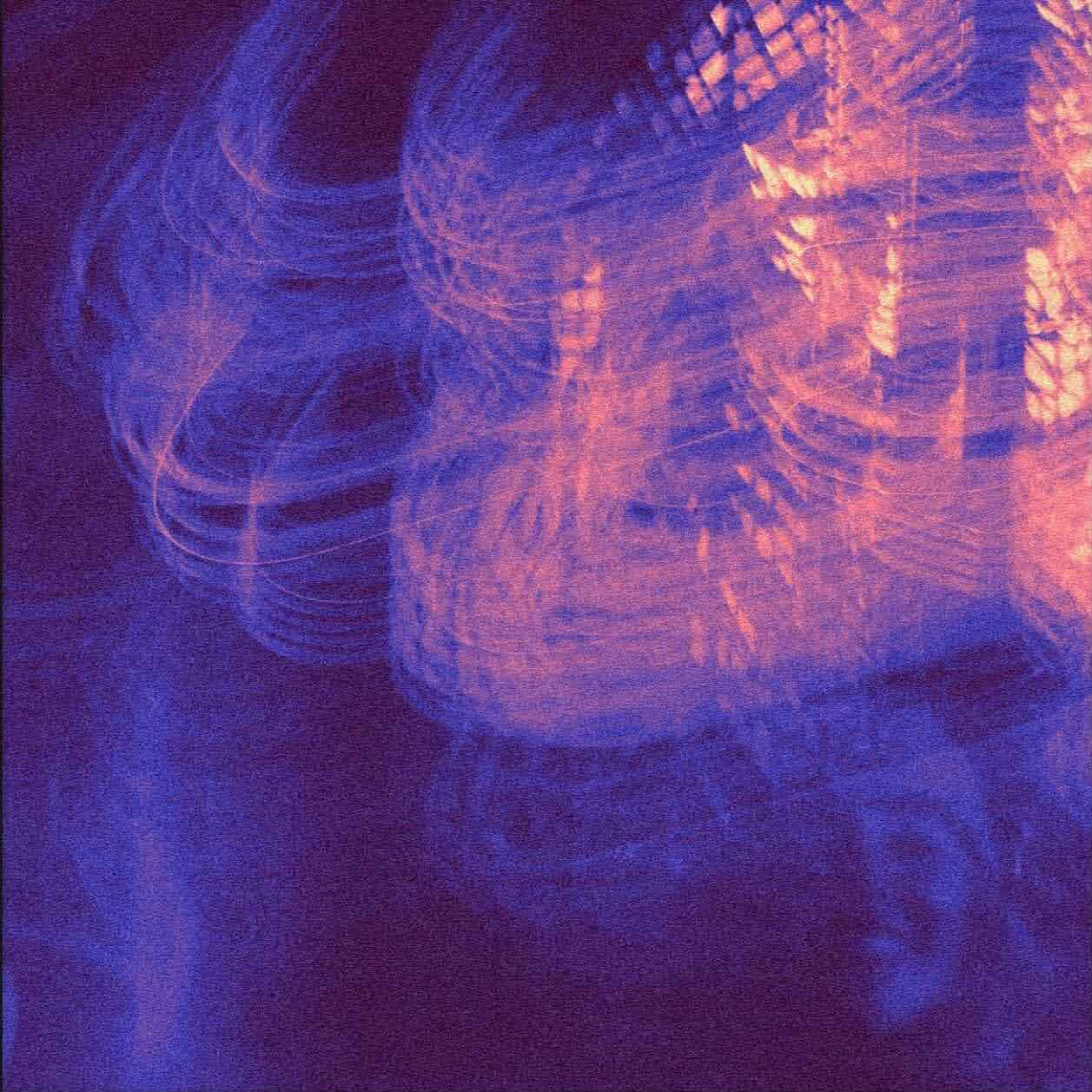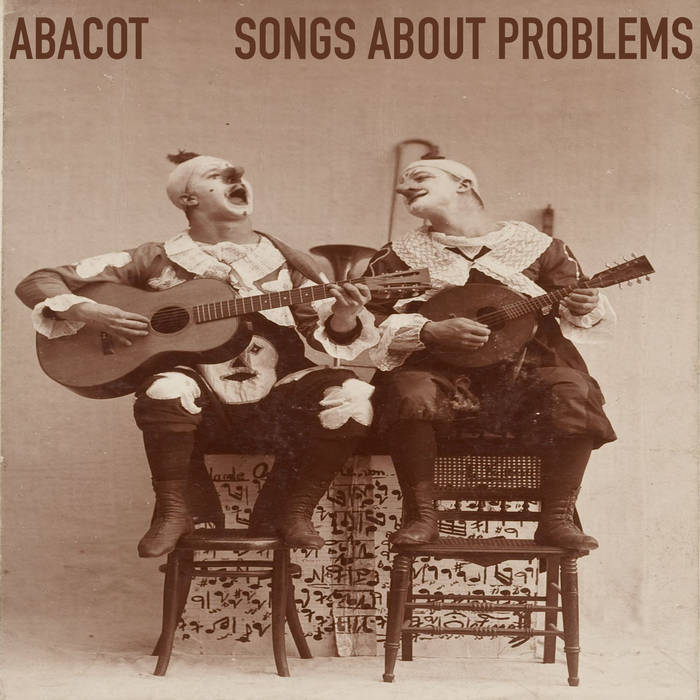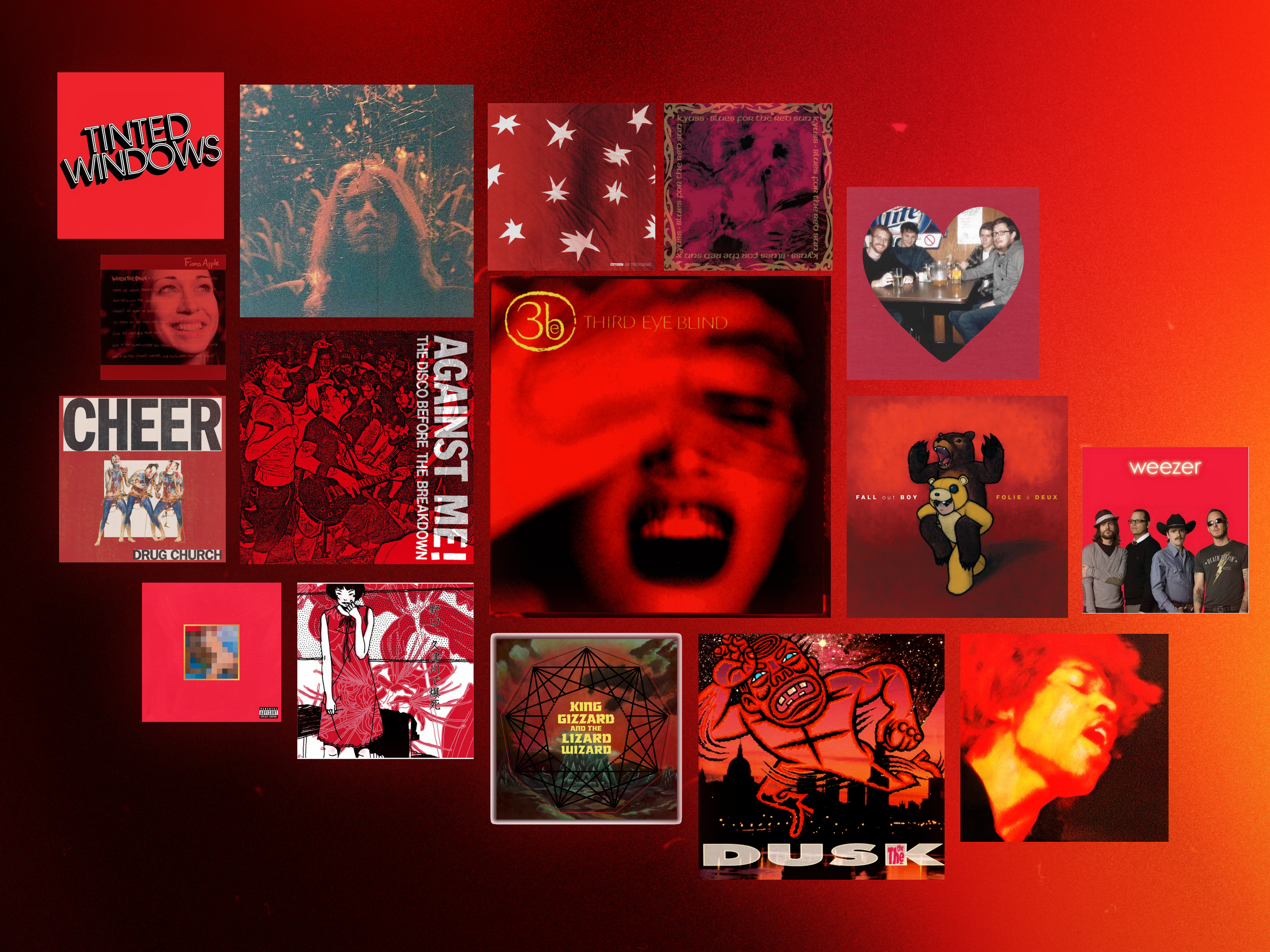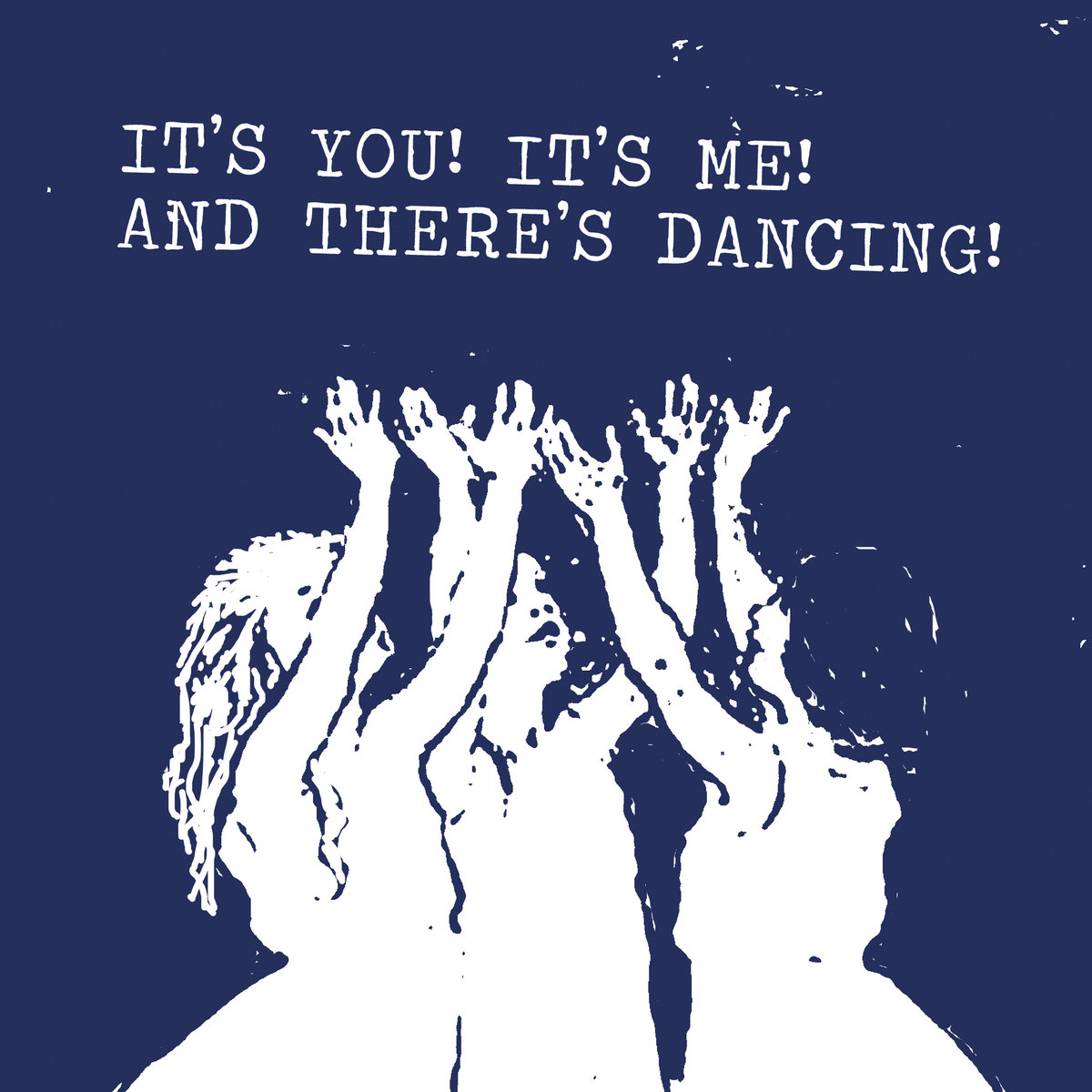Mogwai – Come On Die Young | Album Review
/Mogwai are not of this world; they are an entity that was created by a spiritual force and delivered to us in the form of five Scotsman. The band has undeniably evolved over the course of their 20 year career, but at the same time they fall victim to something inherent in the post-rock genre: predictability. While they’ve crafted some incredible albums in their two decades together, Mogwai also tend to “play it safe” by writing music based off a template that they created. Though their albums are never a shot-for-shot recreation of this template, the music instead borrows broad thematic elements from it in a way that allows each album to mirror the others. With the release of their second full-length album Come On Die Young, the band’s template fully-revealed itself. Once listeners connected the dots and discovered the band’s recursive nature, it begged the question: does this predictability negate the beauty of the music?
By the time that Come On Die Young was released in 1999, Mogwai had already been around for nearly half a decade. Over the course of the years since their 1995 formation, the band had been through quite a bit: after the release of two EPs, a remix album, and their critically-acclaimed Mogwai Young Team LP, the band also endured the loss of combo keyboard/guitarist Brendan O'Hare. All of this happened within the space of a few years, and this informed the band’s perspective heavily when making their follow-up. Their second album takes an even darker and more introspective view that attempts to grab listeners by the shoulders and violently shake them into paranoia.
The opening track of Come On Die Young is centered around a sample from a 1977 interview with Iggy Pop, and it accurately describes Mogwai’s views on music:
“I’ll tell you about punk rock: punk rock is a word used by dilettantes and heartless manipulators about music that takes up the energies, and the bodies, and the hearts, and the souls, and the time, and the minds of young men who give what they have to it and give everything they have to it. It’s a term that’s based on contempt, it’s a term that’s based on fashion, style, elitism, satanism and everything that’s rotten about rock ‘n’ roll. I don’t know Johnny Rotten but I’m sure he puts as much blood and sweat into what he does as Sigmund Freud did. You see, what sounds to you like a big load of trashy old noise is in fact the brilliant music of a genius, myself. And that music is so powerful that it’s quite beyond my control and ah… when I’m in the grips of it I don’t feel pleasure and I don’t feel pain, either physically or emotionally. Do you understand what I’m talking about? Have you ever felt like that? When you just couldn’t feel anything and you didn’t want to either. You know? Do you understand what I’m saying sir?”
Though Mogwai aren’t a punk band, you don’t have to play punk to be punk. You also don’t need to be punk to appreciate what Iggy Pop is saying. The DIY punk spirit can take many forms, and it doesn’t require a battle jacket or a mohawk, just motivation and music. At the same time “punk rock” is a term used by people who don’t understand it, people who wield the word as a means of categorization. Written out it sounds far less confrontational than it comes across in the interview, but when backed by Mogwai’s subtle instrumentals, it feels like a pure wave of power. This track is letting the listener know what this album is really about.
Come On Die Young is an album that I received from a friend sandwiched between hundreds of other songs ranging from Hoodie Allen to 31Knots. It took me a while to get around to this album initially because I could tell from the cover that I’d need to be in a certain headspace to listen to it.
Immediately following the Iggy Pop-infused opening track is the lullaby-like “Cody.” This song lulls the listener into a relaxed state that the band then repeatedly disrupts over the course of the next ten tracks. This type of mellow, quietly-sung track appears on nearly every one of Mogwai’s albums. Whether it’s “R U Still In 2 It” on Young Team or “Blues Hour” on their most recent LP Rave Tapes. This is the first element of Mogwai’s “template” that reveals itself through the course of Come On Die Young. Repeating the same musical theme is something Mogwai often gets criticized for, the argument is that for a band who has been around two decades, one would hope that their style has morphed more noticeably than it has. To that I ask 'why?’ Having a track like “Cody” on most of their records gives their discography a common thread. It’s a Cloud Atlas-esque repeating of themes that gives their entire career noticeable touchstones. Aside from the fact that “Cody” is beautifully sung, I don’t think that this repetition of having a “hushed song” detracts from any one of their albums.
The song “Kappa” represents another Mogwai staple I’ll call “peaks and valleys.” The song starts with a single jangly guitar. After a few seconds of acclimating to its melody, a deep overwhelming drum beat kicks in that overwhelms the soundscape. The drum sounds like a deep, dark well, something that the girl from The Ring would crawl out of. From there a second guitar enters seemingly just to provide long stretches of distortion. By the halfway mark of the song, all of the instruments have morphed together into one massive wall of sound that come together for brief moments, then suddenly fade leaving the initial guitar and drums alone again. The song peaks for brief moments of harmony, then immediately falls apart for valleys of lonely guitar. The song eventually culminates in one final peak, then crashes into a fade of distortion. This yin and yang of chaos is something that appeals to me in nearly every genre.
“Christmas Steps” is another beautiful example of the mood that Mogwai can slowly build. The song starts out at zero and introduces a simple but towering riff that slowly builds up steam leading to a full-on explosion complete with tight drumming and a memorable guitar melody.To me, it exemplifies the band’s ability to introduce a progression then transition that into a groove in a way that comforts and then jars the listener. The track begins with a solitary guitar seemingly playing into the void of space, the band then slowly and gradually builds up to absolute chaos as they slowly fill the space with more instruments. The guitar that was playing into blackness is now surrounded by other instruments eventually that fill the world with more color. First a subtle drum tick, then another guitar, and a bass. From there the music speeds up into an oppressive riff that consumes the entire song. It’s a thing of beauty.
One of the reasons I love Mogwai so much is because it’s perfect reading music. As a college student so much of my life is spent nose-down in a textbook or knee-deep in an essay, and I’m the type of person that gets easily distracted by vocals (or even melodies.) Mogwai is perfect background music, and while that may sound like an insult, it’s actually one of the highest compliments I feel that I can give music. Come On Die Young is musical enough to stand on its own, but it’s melodic and instrumental enough to be put on in the background and fade into the environment. I listen to a lot of post-rock and instrumental music, but Mogwai is the one constant. They are the one group that I keep coming back to, and Come On Die Young is the perfect entry point to the band.
Miscellaneous Thoughts:
-How badass is that title? Come On Die Young sounds like something you’d find in the hardcore punk section of the record store. It’s almost anthemic. It’s something you want to hear yelled from the rooftops, or get carved into your skin.
-Even without a set of traditional vocals to accompany the instruments, this album does an excellent job of depicting an extremely dark, bleak atmosphere. It’s not completely hopeless, but it feels pretty damn close.
-“Christmas Steps” is an incredible song, possibly my favorite from the band. I linked to “Xmas Steps,” an early version of the song from the band’s No Education = No Future (Fuck the Curfew) EP that I prefer.
-The song “Ex-Cowboy” is another great early example of the band playing a song, then taking it down to near-inaudible levels only to then bring it back up into a disruptive, volcanic eruption of noise.
-Bookend: Come On Die Young ends with a sad, moody trumpet and echo-laden guitar played over warped and reversed bits of the Iggy interview from the opening track “Punk Rock:”





